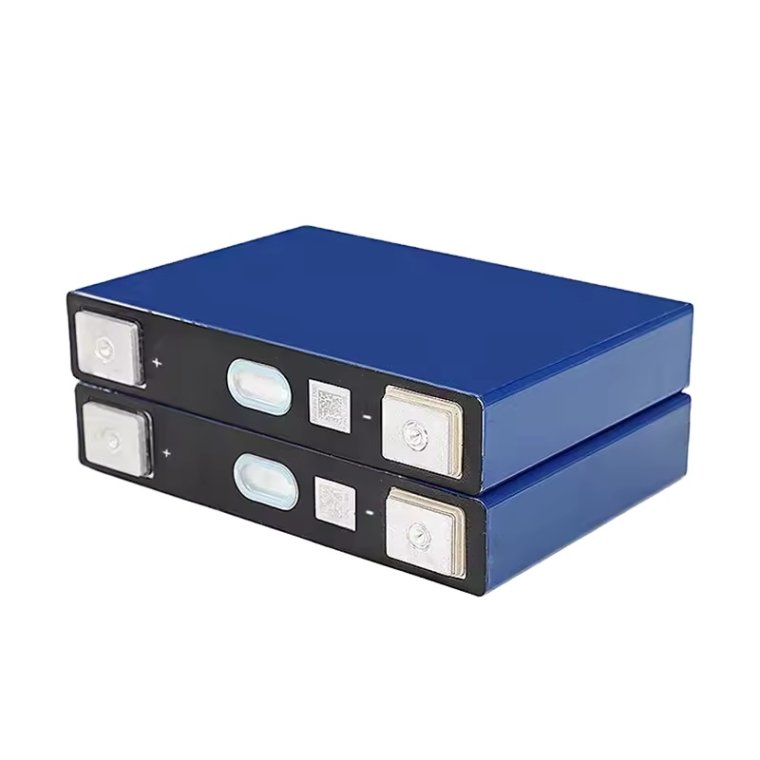In recent years, the concept of a home office has transitioned from a mere luxury to a necessity for many homeowners. With the rise of remote work and flexible job arrangements, more individuals are seeking ways to create functional workspaces within their homes. This shift raises an important question: Does a home office increase home value? In this article, we will explore the multifaceted relationship between home offices and property value, examining various factors that contribute to this dynamic.
The Growing Demand for Home Offices
The COVID-19 pandemic has accelerated the trend of remote work, prompting a significant number of employees to transition to home-based work environments. According to a survey conducted by Stanford University, nearly 42% of the U.S. workforce was working remotely full-time as of mid-2020. This shift has led to an increased demand for homes that can accommodate dedicated workspaces. As a result, properties featuring well-designed home offices are becoming more attractive to potential buyers.
Home Office Design: Functionality Meets Aesthetics
The impact of a home office on property value is not solely determined by its existence but also by its design and functionality. A well-designed home office should balance aesthetics with practicality. Key elements to consider include:
- Space Utilization: A home office should be spacious enough to accommodate essential furniture, such as a desk, chair, and storage solutions. Open floor plans that allow for natural light can enhance the workspace's appeal.
- Technology Integration: Modern home offices should be equipped with the necessary technology to support remote work. High-speed internet access, adequate power outlets, and ergonomic furniture are essential features that can make a home office more desirable.
- Soundproofing: As remote work often requires concentration, soundproofing measures can significantly enhance the functionality of a home office. Buyers are likely to appreciate spaces that minimize distractions from the rest of the home.
- Aesthetic Appeal: The visual appeal of a home office can influence buyer perception. Thoughtful design choices, such as color schemes, lighting, and decor, can create an inviting atmosphere that enhances the overall value of the home.
Market Trends and Buyer Preferences
Real estate trends indicate that homebuyers are increasingly prioritizing properties with dedicated workspaces. According to a report by Zillow, homes with home office in their listings sold for an average of 3% more than similar homes without this feature. This statistic underscores the growing importance of home offices in the current real estate market.
Moreover, the rise of hybrid work models—where employees split their time between home and the office—further emphasizes the need for functional workspaces. Buyers are looking for homes that can adapt to their evolving work-life balance, making a well-designed home office a valuable asset.
The Return on Investment (ROI) of a Home Office
When considering whether to invest in a home office, homeowners should evaluate the potential return on investment. While the exact ROI can vary based on location, market conditions, and the quality of the home office, several studies suggest that well-executed home office renovations can yield significant returns.
- Cost vs. Value: According to Remodeling Magazine's Cost vs. Value Report, homeowners can expect to recoup approximately 50-60% of their investment in a home office remodel when selling their property. This figure can vary based on the extent of the renovation and local market trends.
- Increased Marketability: A home office can set a property apart in a competitive market. Homes with dedicated workspaces are likely to attract a broader range of buyers, including remote workers, entrepreneurs, and families seeking flexible living arrangements.
- Long-Term Value: As remote work becomes more entrenched in corporate culture, the demand for homes with home offices is expected to persist. Investing in a home office now may not only enhance immediate property value but also contribute to long-term appreciation.
Conclusion: A Strategic Investment
In conclusion, the question of whether a home office increases home value is answered with a resounding yes. As the landscape of work continues to evolve, the demand for dedicated workspaces within homes is likely to grow. Homeowners who invest in creating functional, aesthetically pleasing home offices can enhance their property's marketability and overall value.


